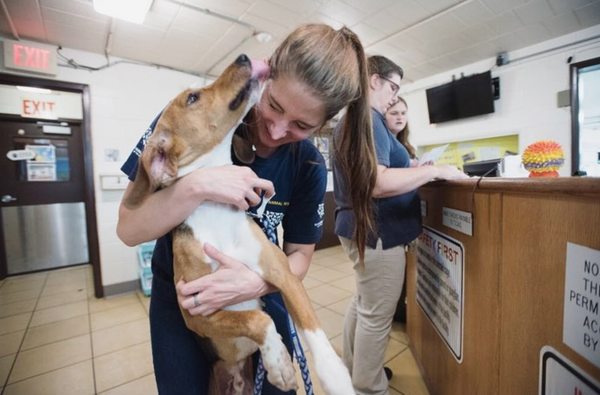On the night of November 8th, 2016, I went to bed in shock. America’s election results had come in and they were as opposite as I could have imagined. Earlier that day, I had voted for Hillary Clinton and I was sure she was going to win. My Facebook newsfeed had basically told me so as I had spent the day scrolling through pictures of “I voted” stickers with feminist captions and statuses filled with liberal opinions. I started the day thinking that everyone thought the same way as I did because everything that I saw had confirmed it.
But I ended election day feeling completely blindsided. How could this many people believe something so different than I do? Why didn’t I see these opinions on Twitter or Instagram or Facebook or Saturday Night Live or Buzzfeed or even The New York Times?
I wasn’t the only one that felt this way after the election. On a large college campus, the day that followed felt like a collective day of mourning. Facebook posts lamented our President Elect’s divisive rhetoric and Twitter statuses called liberals to action. It seemed like everyone in America had lost but this wasn’t the case: I was missing out on the opinions of Trump’s "silent majority."
Fragmentation and biases within media organizations can account for some of the problems. If I only read The New York Times, I will never see the side of the story that Fox News is spinning. But Eli Pariser, an internet activist and self-proclaimed progressive, explained in 2012 a different phenomenon that I, and many others, experienced around election season four years later. Filter bubbles, as he called them, are a product of the algorithms that exist on social media sites to sift through the information on the internet.
They show you the things they think you want to see based on the sites and links you click on most often. At first thought, you may think “Awesome! Google knows exactly what to show me so I don’t have to spend that extra second finding the right site!” While that’s true, the addition of algorithms has also caused the internet to change in a negative way. What's the problem with filter bubbles? In Pariser’s own words, “The internet is showing us what it thinks we want to see, but not necessarily what we need to see.”
The danger with filter bubbles is that consumers of media are only seeing one side of important issues. I barely saw any pro-Trump posts in 2016, but that doesn’t mean they didn’t exist. In order to be effective citizens, we need to see the uncomfortable news: the viewpoints that challenge our own. Without those, how will we grow in our opinions? In a post-election interview with The Guardian, one non-voter shared his regret. “I would have voted for Hillary Clinton, but I didn’t. I thought she would win the White House,” he said. He predicted a Clinton win as inevitable because he only saw opinions similar to his own, which caused his apathy.
Nikki Usher Layser, a media studies professor at George Washington University, says that Trump’s win shows just how insulated we have become to perspectives different than our own. Layser even quotes Pariser’s 2011 book, The Filter Bubble: What the Internet Is Hiding from You. “Ultimately, democracy works only if we citizens are capable of thinking beyond our narrow self-interest. But to do so, we need a shared view of the world we cohabit. We need to come into contact with other people’s lives and needs and desires. The filter bubble pushes us in the opposite direction– it creates the impression that our narrow self-interest is all that exists.” Pariser’s point was made deafeningly clear following the elections: while algorithms may be great for online shopping, they do not breed an informed, successful democracy.





















